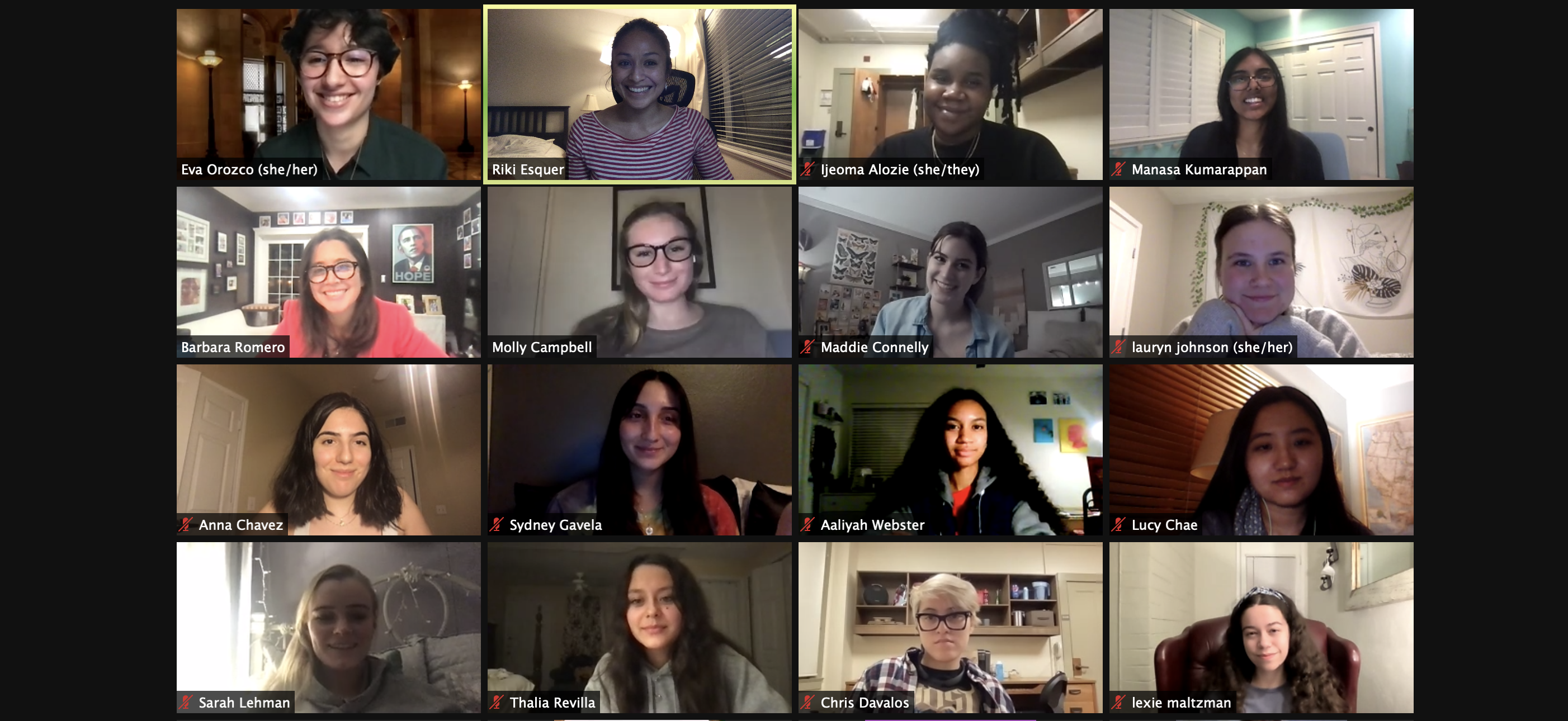From developing a distaste for government to now serving as Los Angeles’ deputy mayor, Barabra Romero told students that the way they can make true systemic changes is through the government she once distrusted at a Thursday Zoom event hosted by Stanford Women in Politics.
Romero’s distaste for government solidified after she experienced the 1992 Los Angeles riots, a period of violent unrest following the acquittal of Los Angeles police officers who arrested and beat civilian Rodney King. The acquittal of the white officers for excessive force against a Black man stirred racial tensions in Los Angeles and the country, an uprising Romero connected to the recent resurgence of Black Lives Matter protests in the United States.
“At that point there was no way I wanted to be part of the system. There’s no way I want to be part of government.” Romero said.
However, after working with local nonprofits in the Los Angeles area, Romero said she began to see that government is a large agent for change.
“I wanted to change and improve my neighborhood, and it had to come from the bottom-up. That you had to build up your community from your community,” Romero said. “The only way we can make systemic changes is through government.”
Romero was appointed by Mayor Eric Garcetti in 2015 and oversees 15 departments such as public works, transportation, and water and power. In the past she served as a commissioner on the city’s Board of Public Works and as a city planning commissioner.
“I grew up where we didnt have a car, and now I oversee the Department of Transportation. I grew up as a family of immigrants, and at one point I oversaw the Office of Immigration,” Romero said. “I am the kid of ‘have-nots’ of the city, so a lot of what drives me is working for the underserved communities.”
As a deputy mayor, Romero said she pushes her department and staff to be made up of diverse and underrepresented backgrounds. For the first time, the Board of the Los Angeles Department of Water and Power is composed of all women.
“What I think is when you put people in positions of influence that represent the neighborhoods, it allows you the opportunity to open the door in ways that you can’t take for granted,” Romero said. “I’ve become the man. I am the system now. I could either be part of the problem or continue to help push the system from within.”
Eva Orozco ‘24, who organized and moderated the event, said that though people may be apprehensive about government because “they experience its failures firsthand,” the key to combating these failures is “to change government from the inside, which Barbara and her team are doing.”
Asked about how being a woman affects her experience in government, Romero explained that she struggles with self-doubt but is encouraged by strong female friendships.
“I doubt myself everyday. It is usually a woman who tells me ‘You’ve got this’” Romero said.
Ijeoma Alozie ’24, found Romero’s authenticity to be especially compelling.
“I can take up space in a room as a woman, be it a political space or not, and I don’t have to apologize for it,” Alozie said. “Having her say that there are times she gets nervous too or she has felt the need to shrink herself for men who are less qualified than she is made me realize that this is a collective experience for women.”
SWIP programming director Manasa Kumarappan ‘23 echoed Alozie’s sentiments, connecting with Romero’s strong belief in female mentorship and connection.
“Ms. Romero’s remarks at the end of the talk highlighted how important it is to open doors for fellow women especially in roles and fields that are hard for women to break into,” Kumarappan said. “In other words, as Kamala Harris likes to quote, ‘You may be the first to do many things, but make sure you are not the last.’”
Contact Lauryn Johnson at lauryn ‘at’ stanford.edu.
